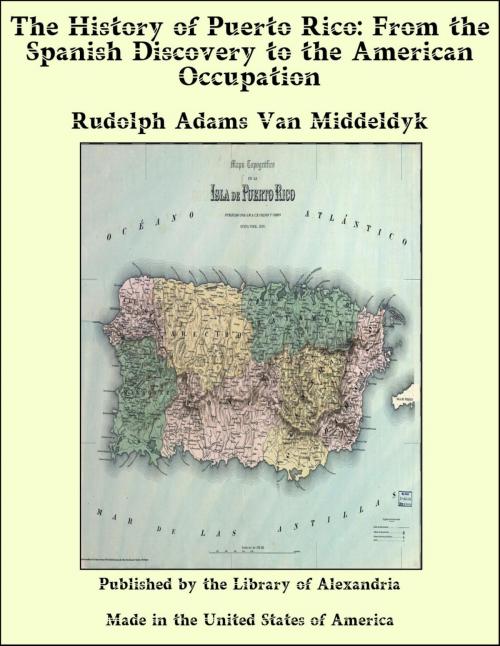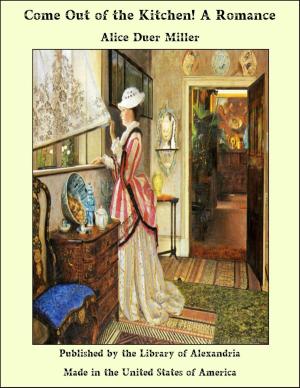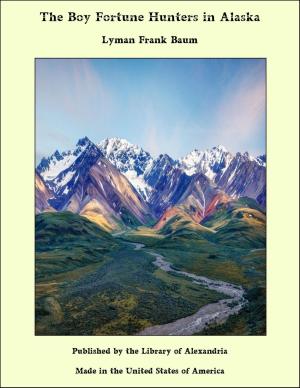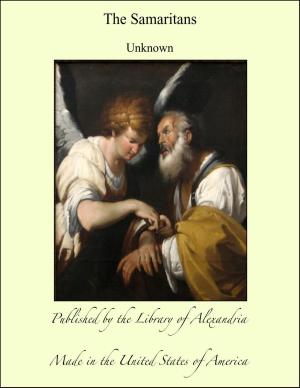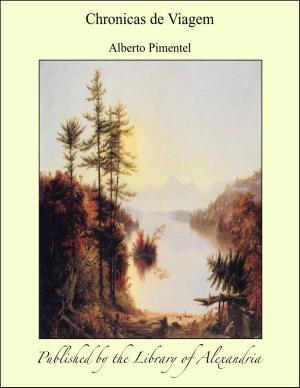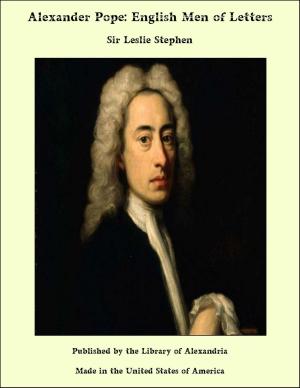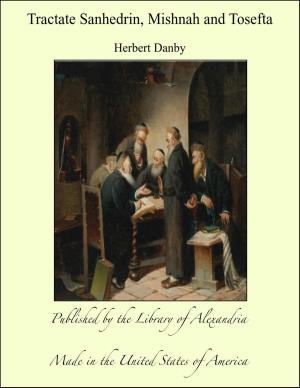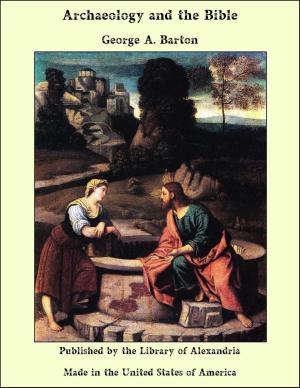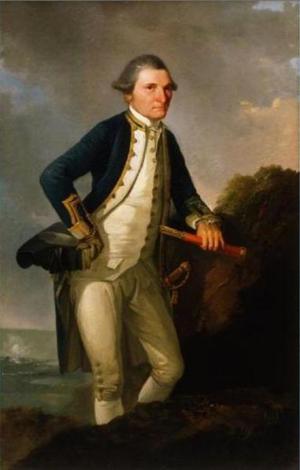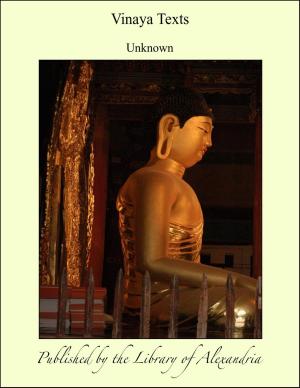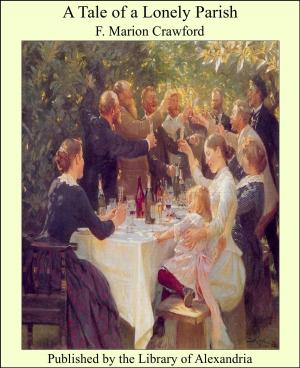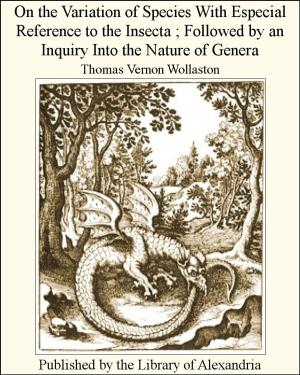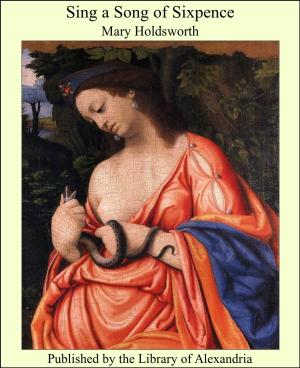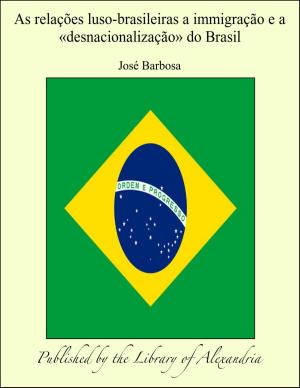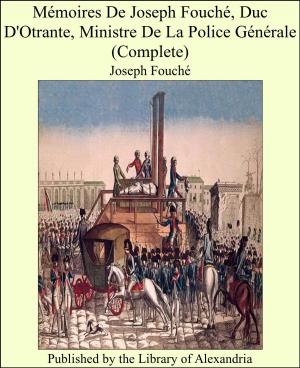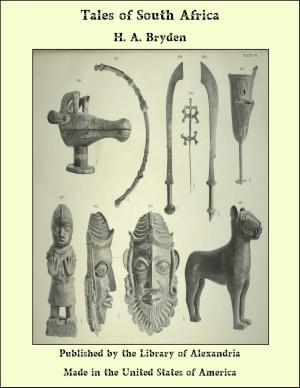The History of Puerto Rico: From the Spanish Discovery to the American Occupation
Nonfiction, Religion & Spirituality, New Age, History, Fiction & Literature| Author: | Rudolph Adams Van Middeldyk | ISBN: | 9781465581594 |
| Publisher: | Library of Alexandria | Publication: | March 8, 2015 |
| Imprint: | Language: | English |
| Author: | Rudolph Adams Van Middeldyk |
| ISBN: | 9781465581594 |
| Publisher: | Library of Alexandria |
| Publication: | March 8, 2015 |
| Imprint: | |
| Language: | English |
Eight centuries of a gigantic struggle for supremacy between the Crescent and the Cross had devastated the fairest provinces of the Spanish Peninsula. Boabdil, the last of the Moorish kings, had delivered the keys of Granada into the hands of Queen Isabel, the proud banner of the united kingdoms of Castile and Aragon floated triumphant from the walls of the Alhambra, and Providence, as if to recompense Iberian knighthood for turning back the tide of Moslem conquest, which threatened to overrun the whole of meridional Europe, had laid a new world, with all its inestimable treasures and millions of benighted inhabitants, at the feet of the Catholic princes. Columbus had just returned from his first voyage. He had been scorned as an adventurer by the courtiers of Lisbon, mocked as a visionary by the learned priests of the Council in Salamanca, who, with texts from the Scriptures and quotations from the saints, had tried to convince him that the world was flat; he had been pointed at by the rabble in the streets as a madman who maintained that there was a land where the people walked with their heads down; and, after months of trial, he had been able to equip his three small craft and collect a crew of ninety men only by the aid of a royal schedule offering exemption from punishment for offenses against the laws to all who should join the expedition. At last he had sailed amid the murmurs of an incredulous crowd, who thought him and his companions doomed to certain destruction, and now he had returned[1] bringing with him the living proofs of what he had declared to exist beyond that mysterious ocean, and showed to the astounded people samples of the unknown plants and animals, and of the gold which he had said would be found there in fabulous quantities.
Eight centuries of a gigantic struggle for supremacy between the Crescent and the Cross had devastated the fairest provinces of the Spanish Peninsula. Boabdil, the last of the Moorish kings, had delivered the keys of Granada into the hands of Queen Isabel, the proud banner of the united kingdoms of Castile and Aragon floated triumphant from the walls of the Alhambra, and Providence, as if to recompense Iberian knighthood for turning back the tide of Moslem conquest, which threatened to overrun the whole of meridional Europe, had laid a new world, with all its inestimable treasures and millions of benighted inhabitants, at the feet of the Catholic princes. Columbus had just returned from his first voyage. He had been scorned as an adventurer by the courtiers of Lisbon, mocked as a visionary by the learned priests of the Council in Salamanca, who, with texts from the Scriptures and quotations from the saints, had tried to convince him that the world was flat; he had been pointed at by the rabble in the streets as a madman who maintained that there was a land where the people walked with their heads down; and, after months of trial, he had been able to equip his three small craft and collect a crew of ninety men only by the aid of a royal schedule offering exemption from punishment for offenses against the laws to all who should join the expedition. At last he had sailed amid the murmurs of an incredulous crowd, who thought him and his companions doomed to certain destruction, and now he had returned[1] bringing with him the living proofs of what he had declared to exist beyond that mysterious ocean, and showed to the astounded people samples of the unknown plants and animals, and of the gold which he had said would be found there in fabulous quantities.
